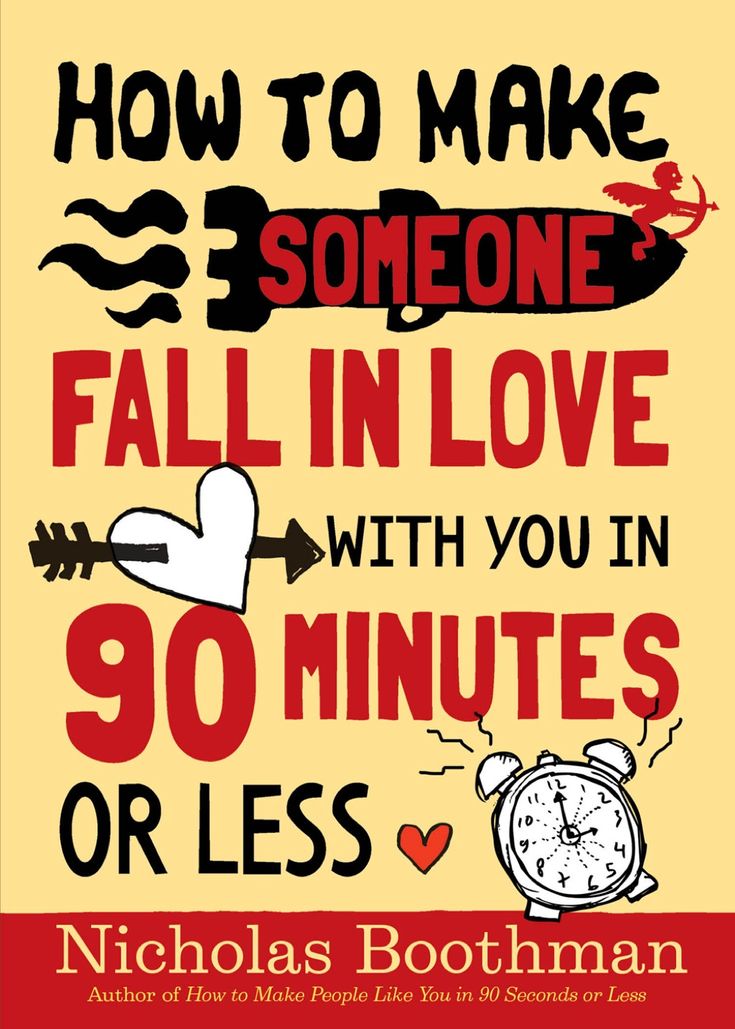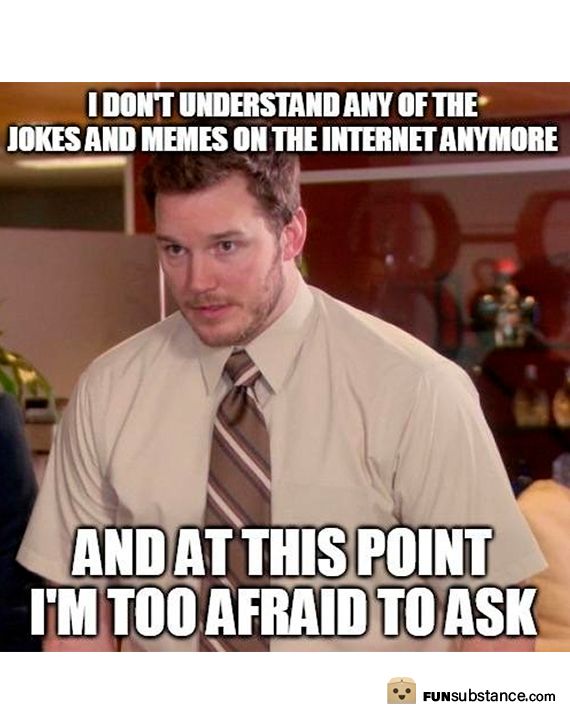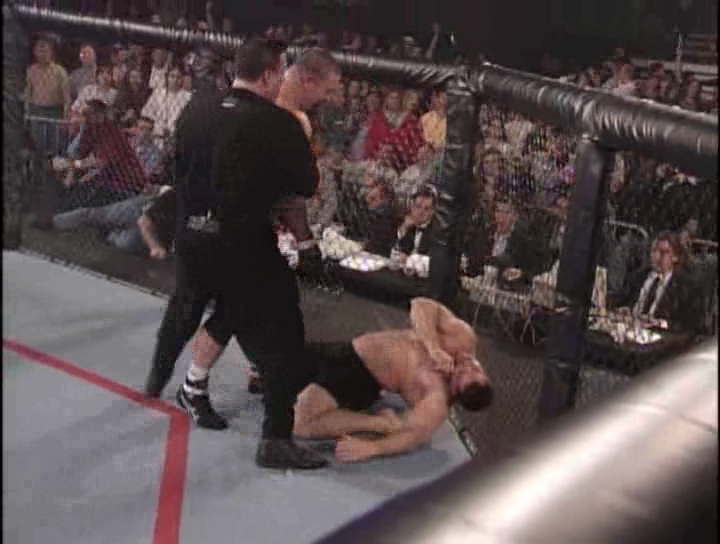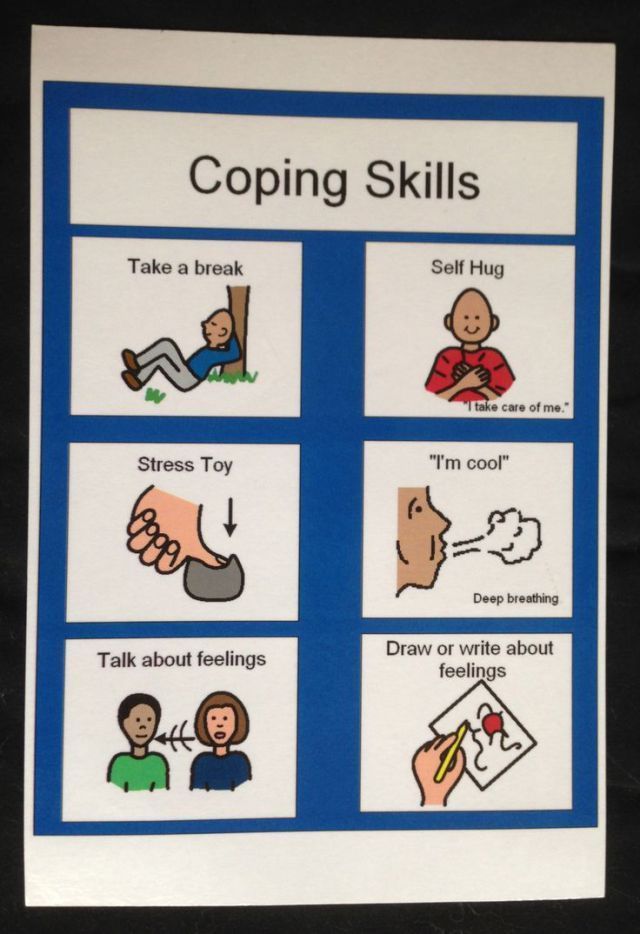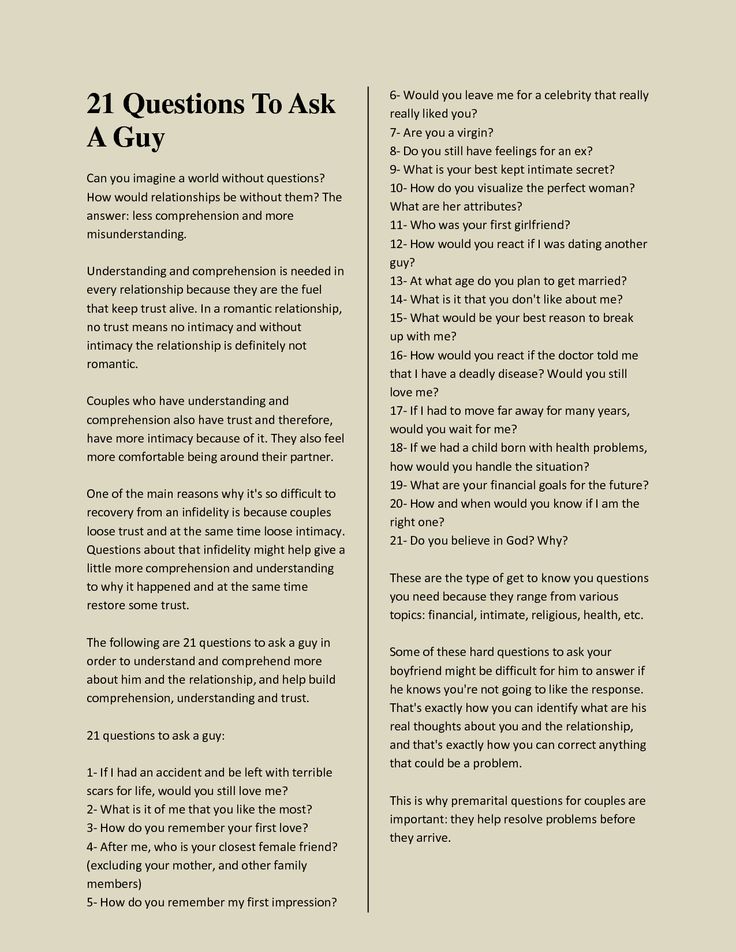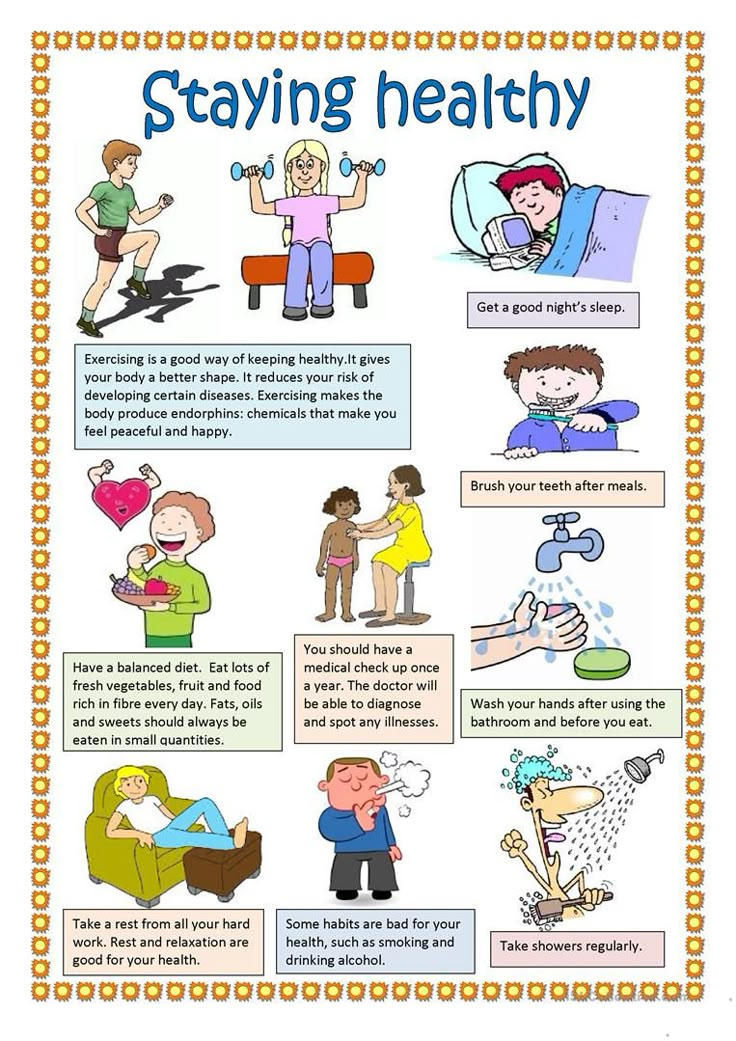How to fall in love with anyone
How to Fall In Love With Anyone
Most of us look at falling in love as something that happens to us — a phenomenon that we have no control over, curated solely by destiny itself. We're presented with a person by way of chance, the right timing, a set up or good fortune. From there we date, fall in love, get married and live happily ever after; knowing intrinsically that this person is the right one.
But why do we believe this so readily, almost with blind faith?
Whether by way of pop culture delivering these narratives through TV shows, books and movies, or by hearing the stories of how our parents, grandparents and friends met and fell in love, this is the trajectory of the stories we hear most often about love.
When that storyline became problematic for author Mandy Len Catron, she decided to do some digging into this widely accepted formula in order to take control of her own love life, which she details in her new memoir, How to Fall in Love with Anyone.
"The book is very much inspired by my parent’s divorce, because it mystified me," says Catron. "In many ways, it felt like I didn't have a good understanding of love, how it works and how it's supposed to work. I felt like their divorce was the wrong ending to their love story, and I started thinking about all the ways that stories influence our thinking about love and relationships."
If the author's name sounds familiar, you likely remember her popular New York Times Modern Love piece, To Fall In Love With Anyone, Do This. In it, Catron details the night she and a date asked each other a set of 36 questions specifically designed by a psychologist to make two people fall in love — and it worked.
In How to Fall in Love with Anyone, we're afforded the backstory of the circumstances that led Catron to that fateful date and what happened afterward — much of which hinges on her examination of the common love stories made to seem like the only way to achieve romantic "success.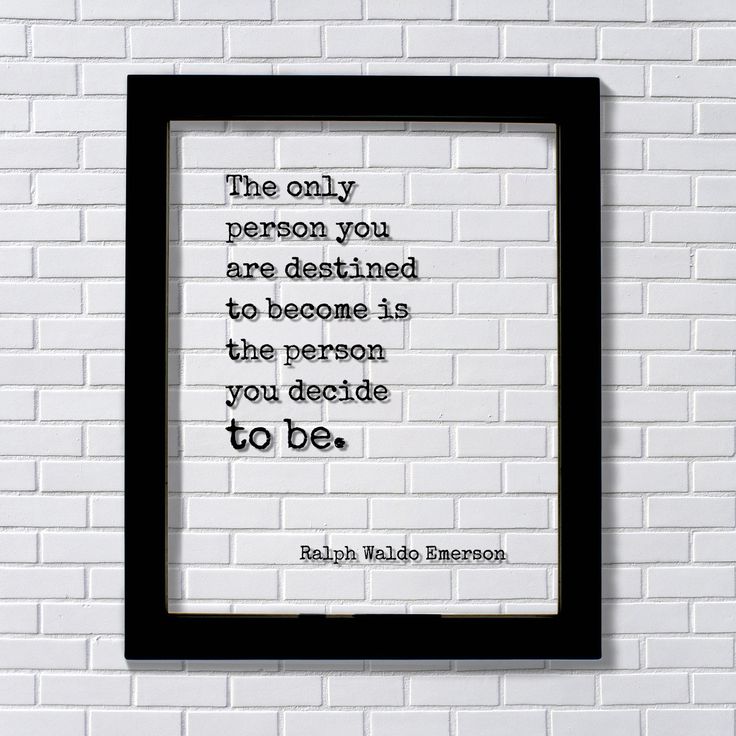 "
"
"Knowing that we have some choice over the role of love in our lives ... that we don't need to follow the dominant script ... is a really empowering idea."
"I didn't think about the extent to which our ideas about love relate to the social world that we live in," she says, "and so in many ways our assumptions on how love should go and how it should work and the role it should have in our lives relate to the time and place where we live. If we step back and look at some of those scripts that influence our ideas about love, it's more possible to be critical of those scripts and think very intentionally about which ones we want to practice and which ones we want to reject. Knowing that we have some choice over the role of love in our lives and that we get to decide that if it doesn't work, we don't need to follow the dominant script, is a really empowering idea."
So, is exerting more agency in love the key to finding it? Here's a look at the psychology behind the love stories we learn from, how to break from the ones that aren't serving you and a few actionable ways to harness the learnings behind the 36 questions on your quest for love — whatever that looks like for you.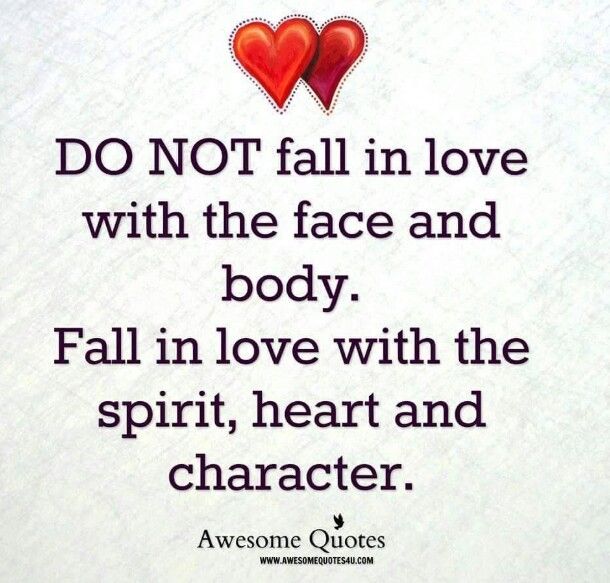
How Stories Shape Our Perception of Love
Much of our perceptions and understanding of romantic relationships (and all relationships for that matter) can be traced all the way back to our childhood. "In childhood, your early relationships with parents, grandparents and loved ones formed the foundation for understanding how love and relationships work," explains Gladys Ato, PsyD. "This is the basis of attachment theory, a psychological model that explains the dynamics of human relationships.As you observed how your parents and other important figures in your childhood talked about and expressed love, you developed an internal template — or narrative — of love that shapes how you approach love as an adult."
We have this idea that love is this really profound experience, and in many ways it is. But at the same time it's very ordinary.
Of course, there are plenty of ways that this can be beneficial. But as Catron points out, the belief that the only way to live a happy life is by having a relationship that mirrors the one your parents had can be problematic, leaving you feeling confused and unsatisfied when the love you do find doesn't present itself in that same format.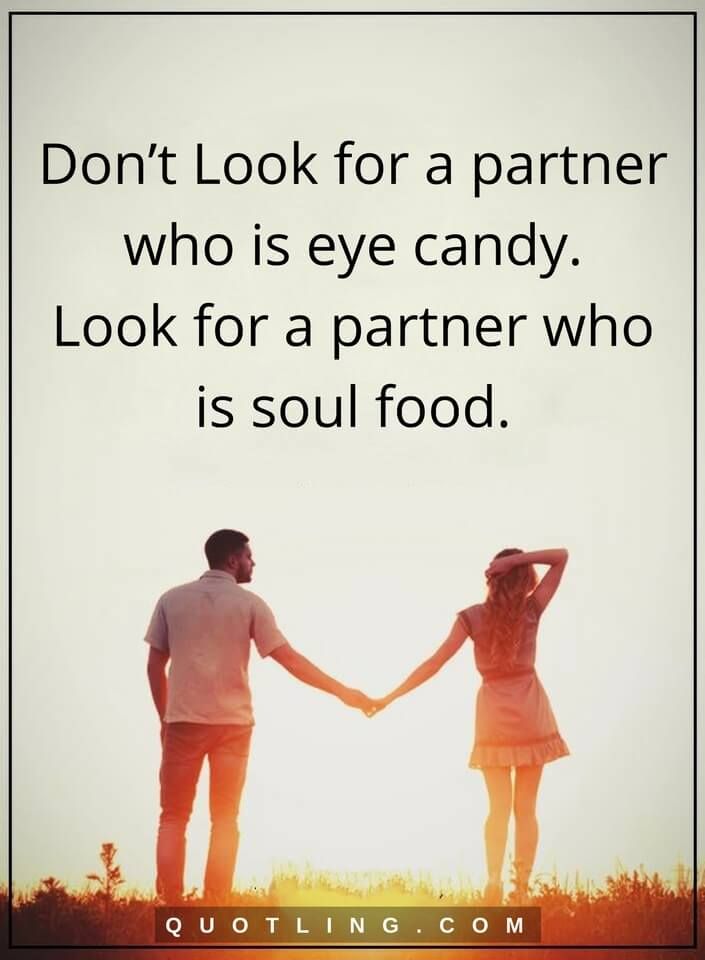 "We have this very dominant narrative in our culture and often it's easy to feel like that's the only way to be happy," Catron says. "But once you start to open yourself up to alternatives and see people in different types of relationships who are happy — or seek these narratives out in books, TV and movies — it becomes more possible to feel you get to create that version of love that works for you or your partner."
"We have this very dominant narrative in our culture and often it's easy to feel like that's the only way to be happy," Catron says. "But once you start to open yourself up to alternatives and see people in different types of relationships who are happy — or seek these narratives out in books, TV and movies — it becomes more possible to feel you get to create that version of love that works for you or your partner."
Erika Martinez, PsyD, practicing in Florida, says one reason this familiar model continues to be shared and perpetuated is that it creates a facade of being in control. "People love that trajectory because it feels safe and consistent," she says. "At each point, you know what's next and that gives people a semblance of control in their lives, but that's all it is — an illusion. Where I believe this hurts us most is in the strict adherence that people have to this trajectory, trying to impose it on others, and the judgment and backlash when people deviate from it. There are many ways to fall in love, each one different based on you, the other person and the season of life that each of you is in. It's also hurting us to believe that we can only love one person and that we'll live happily ever after with them. With 7.5 billion people on the planet, odds are that more than one person is a good fit for you."
It's also hurting us to believe that we can only love one person and that we'll live happily ever after with them. With 7.5 billion people on the planet, odds are that more than one person is a good fit for you."
Opening yourself up to the possibility that love may not look the same for you as it does for others also helps eliminate comparison, which can actually hinder your chances of making those romantic connections. "As we increasingly interact with friends and the wider world, we start to realize that other's 'normal' relationship patterns vary widely," Martinez explains. "The biggest challenge is comparison: 'Why doesn't love ever happen like that for me?' It puts people in a negative mindset, making it hard to connect with potential partners and sabotaging prospects. If one can avoid the comparison trap, the benefit is that one could observe and experience different ways of being in relationship with a partner, integrate the new experiences that resonate and shed the old patterns that no longer fit from the family of origin. "
"
How to Find Alternate Stories
On Catron's journey to seek out love stories that deviate from what she calls the "love, marriage, baby-carriage" format, she found she needed to shake the belief that when love happens to us, it's as magical as it is in the romantic plotlines we learn from TV and movies. "We have this idea that love is this really profound experience," says Catron, "and in many ways it is. But at the same time it's very ordinary. Most of us experience love in multiple forms over the course of our lives, and there's just so much evidence that this is an ordinary experience and it shapes our lives in lots of ways — but also that a conventional romantic relationship isn't the only way to make a good life."
As for examining the way these stories and beliefs impact your own life, Ato supports following in Catron’s footsteps in seeking out alternate plotlines. "If you’re ready to update your love narrative, start by reading stories that allow your mind to expand its perspective beyond the narrative you currently have," Ato says. "Understand how your own love story that started in childhood has or hasn’t supported you, and work to update your story in a way that’s aligned with your desires."
"Understand how your own love story that started in childhood has or hasn’t supported you, and work to update your story in a way that’s aligned with your desires."
Start shaping your own love narrative
As for the role of the 36 questions in Catron's quest, one way she says the experiment helped lead her to love was leveling the playing field where intentions and intimacy were concerned. "If you were to ask my partner Mark, he would probably say we might have fallen in love if we hadn't done this, and maybe he's right," Catron says. "I don't necessarily credit the questions entirely, but they made me a lot more comfortable. I had been online dating, and it was so unclear who [my dates] were and what they wanted. You meet them, but you don't know much about them for a while. There was so much ambiguity. Doing this survey was very daring and vulnerable for me. It made me feel like Mark and I would be close, and maybe that closeness would be a close friendship or a romantic relationship — but I wasn't worried about the form that it would take."
It made me feel like Mark and I would be close, and maybe that closeness would be a close friendship or a romantic relationship — but I wasn't worried about the form that it would take."
In her book, Catron also makes the point that we all have the story of ourselves that we offer up to strangers — an elevator pitch with surface level details. The 36 questions disrupts that comfortable story we're so used to telling, causing both parties to stray from the predictable path and open us up to a more intimate space.
Read stories that allow your mind to expand its perspective beyond the narrative you currently have.
If you're not quite ready to whip out the 36-question list on your next date, Ato says there are other effective ways to be more honest and open.
"So often we go into first dates trying to put our best foot forward, which we interpret to mean hiding the parts of us we see as weak, unsexy or vulnerable," she says. "While it’s important to showcase your best self, it’s just as important to remember that part of your best self is your authentic, raw experience.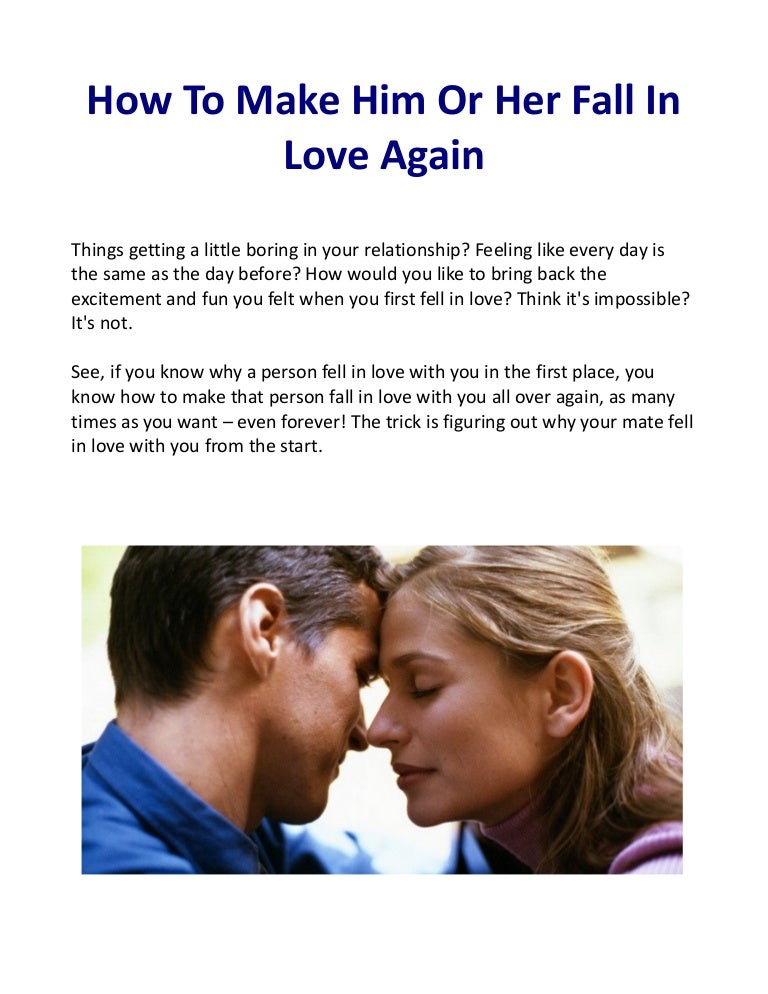 " An easy way to do this is to change up the typical bar setting that so frequently serves as the location of first dates for something that pushes you out of your comfort zone. "Trust and intimacy are quickly established when an element of adventure is thrown in," Ato says. "Go on a hike. Take a rock climbing class together. Go to a comedy show (humor is great for lowering defenses and minimizing anxiety). Then, talk about the experience together to deepen your connection."
" An easy way to do this is to change up the typical bar setting that so frequently serves as the location of first dates for something that pushes you out of your comfort zone. "Trust and intimacy are quickly established when an element of adventure is thrown in," Ato says. "Go on a hike. Take a rock climbing class together. Go to a comedy show (humor is great for lowering defenses and minimizing anxiety). Then, talk about the experience together to deepen your connection."
How to Fall in Love with Anyone is available for purchase at Barnes & Noble and Amazon.com.
Advice From Mandy Len Catron : Life Kit : NPR
How To Fall In Love: Advice From Mandy Len Catron : Life Kit You might remember Mandy Len Catron from her hit Modern Love essay about going through 36 questions to fall in love. You might have even tried those questions yourself. Catron's book is called How to Fall in Love With Anyone, and Vice's Rachel Wilkerson Miller spoke with her about it.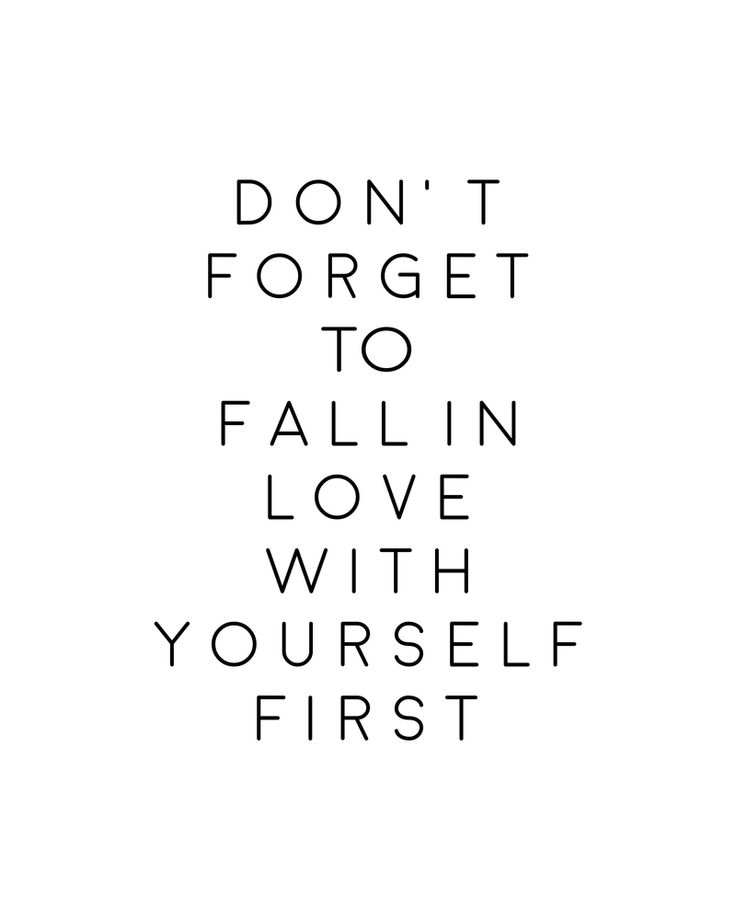
-
- NPR One
- Apple Podcasts
- Spotify
- Google Podcasts
- Amazon Music
- RSS link
-
- NPR One
- Apple Podcasts
- Spotify
- Google Podcasts
- Amazon Music
- RSS link
What makes a good partner — and how to cultivate connection
Sara Ariel Wong for NPR
Sara Ariel Wong for NPR
COVID-19 makes dating, hooking up and even keeping the spark alive in an existing relationship more difficult. That makes it a great time to reflect on what you're looking for in romantic relationships and to do what you can to make dating (or kinda-dating, or sleeping with someone, or being coupled) feel less exhausting and more fulfilling.
That makes it a great time to reflect on what you're looking for in romantic relationships and to do what you can to make dating (or kinda-dating, or sleeping with someone, or being coupled) feel less exhausting and more fulfilling.
To better understand how to think about attraction, falling in love and cultivating intimacy, I spoke to writer Mandy Len Catron, author of How to Fall in Love With Anyone and the viral 2015 New York Times article "To Fall in Love With Anyone, Do This." Here are some of her best insights.
We have more control over whom we fall for than we might realize.
"When we talk about attraction, we talk about it in this really passive way, as if it's this thing that sort of happens inside of us, instead of thinking about it as something that we actually have some influence over," Catron says. "We have a lot of say over who we want to invest our time and energy into." And realizing you have autonomy can be empowering: It can help you open yourself up to new experiences, including attractions that may feel new to you (like interest in someone who isn't your "type" or even someone who is a different gender from the people you've always dated). It can help you end relationships that are full of intense feelings but also endless drama.
It can help you end relationships that are full of intense feelings but also endless drama.
"I don't necessarily think you can force yourself to fall in love with someone, but I do think you can re-create the conditions that help intimacy thrive," Catron says.
To help intimacy thrive, both people need to be willing to be vulnerable — but it's a good idea to ease into it slowly.
One of the defining features of the 36 questions that (supposedly) lead to love is the way they get increasingly intimate, but it happens gradually, so you're not talking about matters of life and death until the very end of the conversation. And that's a good approach for real life too, Catron says — whether you're getting to know a potential partner or just talking to a new friend. Sharing too much too soon can make the other person feel uncomfortable or like there's an imbalance in the relationship. So start small.
"[Vulnerability] doesn't have to take the form of confessing your most intimate secrets or dumping out your whole family history," Catron says.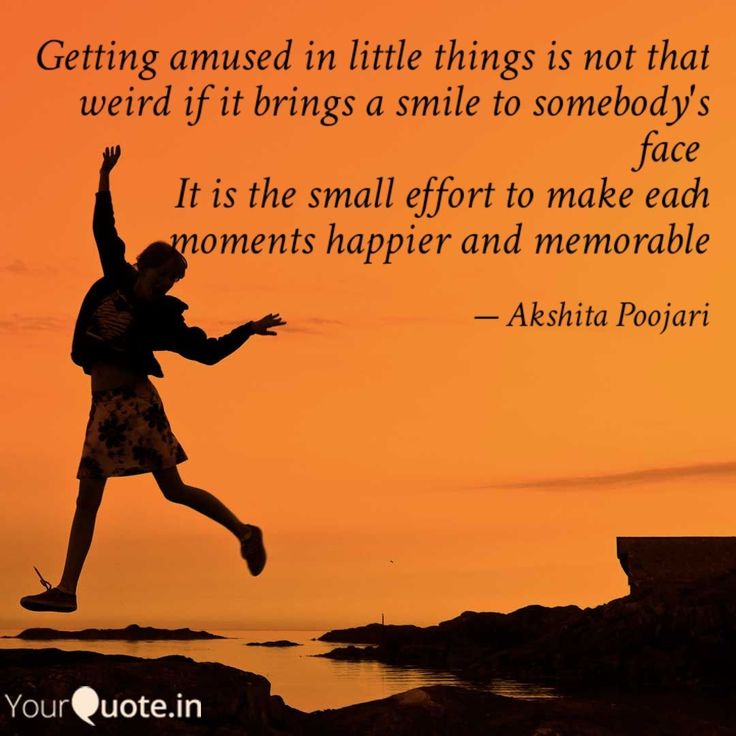 "I think it comes in much smaller ways, like talking about something that's really important to you or that you're passionate about. Or start with telling a funny but embarrassing story that you wouldn't necessarily tell a stranger." When you open up in a thoughtful, measured way, she says, it invites the other person to do the same.
"I think it comes in much smaller ways, like talking about something that's really important to you or that you're passionate about. Or start with telling a funny but embarrassing story that you wouldn't necessarily tell a stranger." When you open up in a thoughtful, measured way, she says, it invites the other person to do the same.
If you're looking for a relationship, pay close attention to how potential partners treat you, and don't waste your time on anyone who isn't genuinely excited about you.
"We're not always thinking about what makes a great partner when we're dating and looking for a long-term relationship," Catron says. Researchers have identified qualities that make someone likely to be a good long-term relationship partner: Openness to new experiences, agreeability and conscientiousness are all good signs. "Someone who is just responsible and who takes care of themselves and other people," Catron says. "I mean, these things, when you lay them out like that, seem obvious, and yet I don't think we're thinking about them very often as we're going about our dating lives. "
"
But even the most agreeable or easygoing person in the world won't be a good partner if they don't treat you well. So pay close attention to whether the person celebrates you and your wins and how they respond to your "bids." "You just want someone who shows up, engages with you and makes a big deal out of things that are important to you," Catron said.
"The simplest metric is finding someone who makes you feel better about who you are, who never makes you feel smaller or inadequate," Catron said. "It's a really simple metric that is pretty reliable across all different kinds of relationships."
Rachel W. Miller is the deputy editor at Vice Life. Her second book, The Art of Showing Up, came out in May 2020. (You can hear about it on Life Kit here and here.) Follow her on Twitter.
This episode was produced by Clare Marie Schneider.
We'd love to hear from you.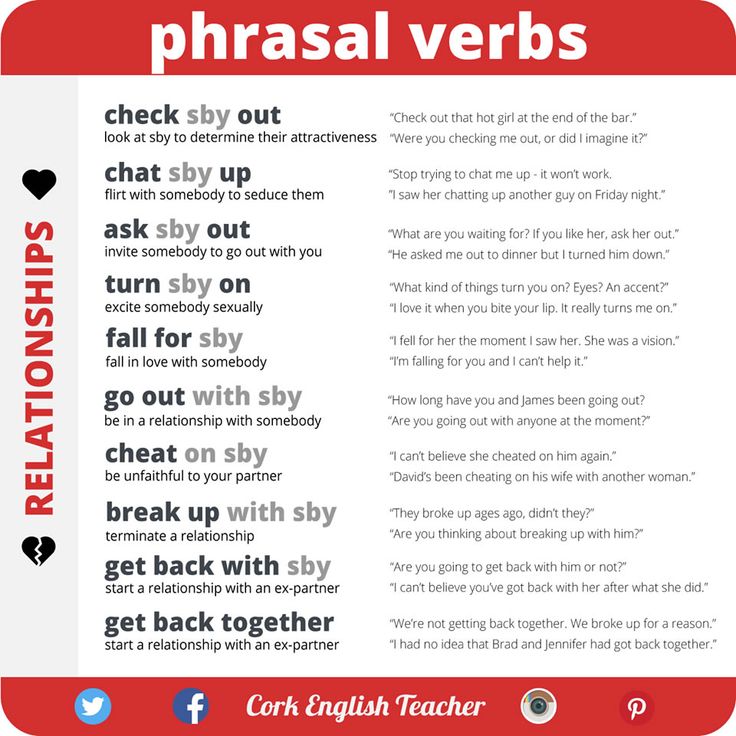 Leave us a voicemail at 202-216-9823, or email us at [email protected].
Leave us a voicemail at 202-216-9823, or email us at [email protected].
For more Life Kit, subscribe to our newsletter.
Sponsor Message
Become an NPR sponsor
9 ways to fall in love: travel, dance, self-acceptance and more
Gallup conducted a study that found that in recent years, the percentage of those who want to get married has been declining, but people aged 18 to 29 are all less likely to come to the decision to live together and increasingly prefer to identify themselves as singles. This happens for various reasons. For some, financial independence allows you to acquire separate housing and turn it into a safe space where you don’t want to let in a relatively stranger. For some, social connections are replaced by the Internet. And some people really feel quite comfortable being alone. nine0003
It also happens that a woman or a man sincerely wants to fall in love, but he or she categorically fails: dating does not bring pleasure, new acquaintances do not cause a desire to continue them.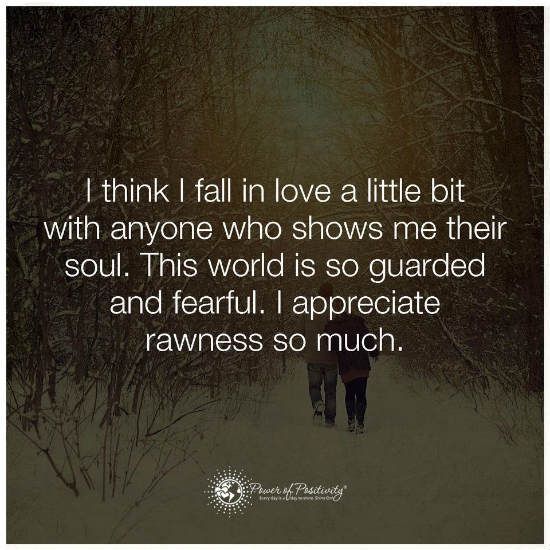 It can be both in the absence of suitable potential partners in the environment, or in the fact that work, responsibility for loved ones and an abundance of stress in everyday life make us too serious and do not allow us to boldly step towards relationships. Falling in love is often spontaneous, and sometimes in order to feel it, you need to tune in the right way. Here are some actionable ways to do it. nine0003
It can be both in the absence of suitable potential partners in the environment, or in the fact that work, responsibility for loved ones and an abundance of stress in everyday life make us too serious and do not allow us to boldly step towards relationships. Falling in love is often spontaneous, and sometimes in order to feel it, you need to tune in the right way. Here are some actionable ways to do it. nine0003
Advertising on RBC www.adv.rbc.ru
Social psychologist Arthur Aron, who has long studied the nature of romantic relationships, suggested that falling in love is so different from just wanting to be friends with a person in the first place because their occurrence is subject to different stimuli. One such stimulus is an exotic setting. It does not have a significant effect on friendship. But falling in love with someone in unusual circumstances (and even in relative isolation) is as easy as shelling pears. We are not necessarily talking about the joint conquest of Everest or a hike in the wilds of the Amazonian jungle. Sometimes it’s enough just to fly to the sea to feel an urgent need to admire the sunset not alone, but with someone. And feel the strength of this “someone” to find in yourself. nine0003
Sometimes it’s enough just to fly to the sea to feel an urgent need to admire the sunset not alone, but with someone. And feel the strength of this “someone” to find in yourself. nine0003
© León Prado/Unsplash
Music has been shown to stimulate deep areas of the brain, help fight stress, and even release certain hormones, such as prolactin. You can also tune in to a romantic mood with the help of music. It is not necessary, however, to take this advice literally and download collections of "Major hits about love" into your player. The power of music lies in the fact that it evokes strong associations in us: with people, events, experiences. If the most dizzying romance of your life happened at a hard rock festival, why not try to mentally return to that state with the help of old Judas Priest or Alice Cooper albums? If in the past you were madly in love with a famous pop singer, let his voice ring in your ears and awaken the senses. nine0003
The older a person is, the more conservative and picky he becomes in choosing people with whom he is pleased to communicate. We have strengthened friendships, we spend a lot of time with colleagues. On the one hand, this creates a comfort zone. On the other hand, when trying to find an object of love in this zone, we often make a mistake: it is difficult to fall in love with someone who is similar to our environment and is initially clear to us.
We have strengthened friendships, we spend a lot of time with colleagues. On the one hand, this creates a comfort zone. On the other hand, when trying to find an object of love in this zone, we often make a mistake: it is difficult to fall in love with someone who is similar to our environment and is initially clear to us.
Intrigue is needed to fall in love, and you can create it by trying to make acquaintances with people of another profession, about which you know little. Pay attention to the age group that does not match yours. Or choose an unpopular hobby among your friends that involves meeting like-minded people. nine0003
Of course, this is not about dressing like a schoolgirl again or doing the hairstyle that was fashionable 10-15 years ago. We often hear stories about how, after a meeting of classmates or classmates, a relationship began again between former lovers. It's not just about unclosed gestalts: the very atmosphere of a school or institute makes us more frivolous, open, and courageous.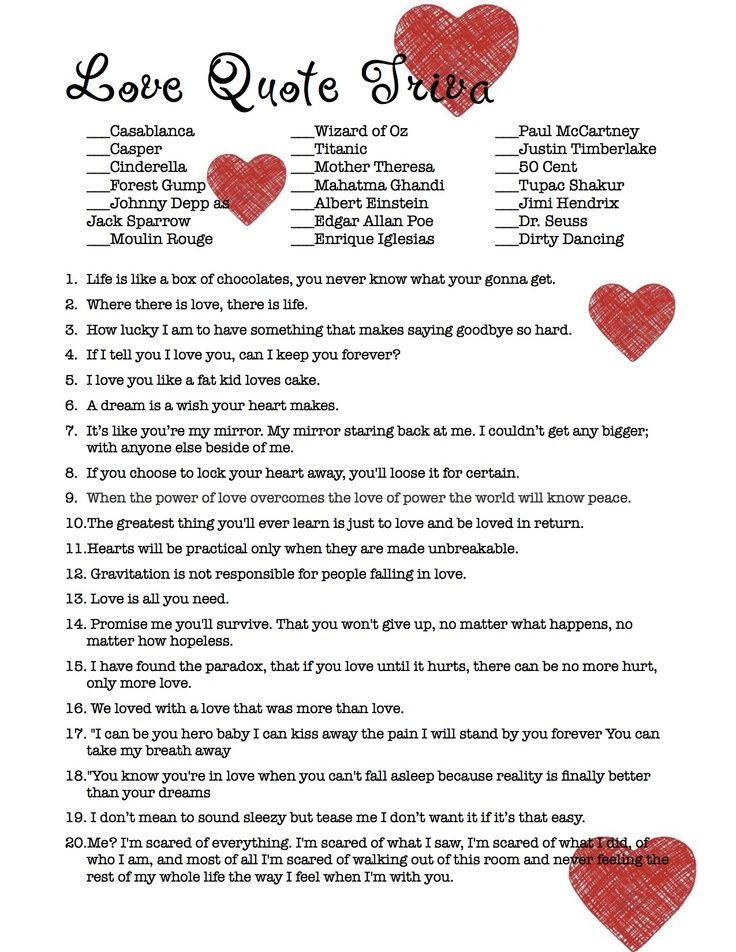
You can try to reproduce it even if there is no official class meeting in the near future. For example, it's a good idea to take a tour of "military glory", meet up with old friends and discuss your personal life, or rewatch a movie you went to with your first boyfriend. Yes, it is unlikely that it will be possible to overcome global difficulties in building relationships in this way, but it is quite possible to awaken in yourself the desire to re-experience feelings that did not allow you to sleep peacefully in your youth. nine0003
© Mahkeo/Unsplash
For several centuries in the world culture, the body and the psyche were considered as phenomena existing as if in parallel planes: the influence of religion, the cult of reason, and the scientific and technological revolution played their role. Nowadays, it is increasingly being said that we should not ignore our body: we need to not only love it, but also listen to it.
A number of psychotherapeutic practices involve a "dialogue" with the body and attempts to find out where fear is localized in the body, where anger, where anxiety. In turn, physical emancipation often goes side by side with the mobility of the psyche. The barrier that prevents you from falling in love sometimes disappears when you begin to more freely deal with your body, understand it and express feelings through it. There are many ways to master these skills: from yoga and dancing to the same body-oriented therapy. nine0003
In turn, physical emancipation often goes side by side with the mobility of the psyche. The barrier that prevents you from falling in love sometimes disappears when you begin to more freely deal with your body, understand it and express feelings through it. There are many ways to master these skills: from yoga and dancing to the same body-oriented therapy. nine0003
Adrenaline is a stress hormone and at the same time a constant companion of passionate love. In any case, at first. It is adrenaline that makes our heart beat faster and our hands tremble when we see a person we really like. But the scheme sometimes works in the opposite direction: even if people are initially more or less indifferent to each other, an extreme situation experienced together, provoking an adrenaline rush, brings them closer and sharpens their feelings. So, if you want to fall in love, it might be worth trying on a first date not to go to a restaurant or to the cinema, but, for example, to an airfield and fulfill your old dream of skydiving. Well, or go on a quest together - since this format is now very popular. nine0003
Well, or go on a quest together - since this format is now very popular. nine0003
Of course, auto-training, which was done by the heroines of the Soviet film "The Most Charming and Attractive", does not work so straightforwardly. In general, relations between people are much more complicated: the finale of the picture is a direct confirmation of this. But in any business it is difficult to succeed if from the very beginning you set yourself up for the fact that nothing will work out. This is not only about the global destructive program “I am a cracker and can never fall in love”, but also about private, involuntary reactions. nine0003
When, before the next date, the inner voice says: “You won't succeed again, you will always be alone”, try to figure out who this voice belongs to? Whose words does he speak? Under what circumstances did it first sound? It is very likely that it will take a lot of time to silence him or at least learn how to communicate with him, but the result is definitely worth it.
© Tyler Nix/Unsplash
When we're single for a long time and want to find a partner, we often have a tendency to rush things and force new acquaintances in order to meet the "one" or "the only one" as soon as possible. Psychologists say that such a strategy is not always correct. If someone appears in the company, in the office, at a party who at first glance arouses your sympathy, you should not immediately flirt, make a date, or even just start chatting. nine0003
On the contrary, it is better to watch this person from afar: to see how he moves, laughs, how he holds a glass of wine or a book in his hands. Try to guess what his hobbies are, think about him before going to bed, surround him in your eyes with a light veil of mystery. Then it will be much easier to fall in love with him, because he will begin to occupy a special place in your life even before a close acquaintance.
The idol of the millennial generation, American actor and TV presenter RuPaul, repeats the phrase like a mantra: "If you can't love yourself, how can you love someone else?" While people with self-esteem issues are also highly effective in romance, self-dislike often becomes fertile ground for destructive or codependent relationships. And it is difficult for some to “let go” of themselves in love: it seems to them that they are “unworthy” of love. nine0003
And it is difficult for some to “let go” of themselves in love: it seems to them that they are “unworthy” of love. nine0003
In order to allow another person to enter your life, it is often necessary to first set the stage for this and accept yourself: your previous romantic experience, even if it was not very successful; its advantages and disadvantages; their looks and needs. It is possible that, in addition to the lack of love, there are other factors that cause you anxiety. For example, it's time to change jobs or temporarily refuse to communicate with a friend who uses you as a free psychologist. When the tension in these areas subsides, it will be much easier to feel light and ready to invest energy in a relationship with someone else. nine0003
I can't fall in love: why modern people want relationships less
Being in love is an important evolutionary tool. Brain mechanisms and a whole bunch of hormones and neurotransmitters (serotonin, dopamine, norepinephrine, vasopressin, oxytocin) throw us into each other's arms and help to stay together for the period necessary to continue the race and pass on the genes to the next generations.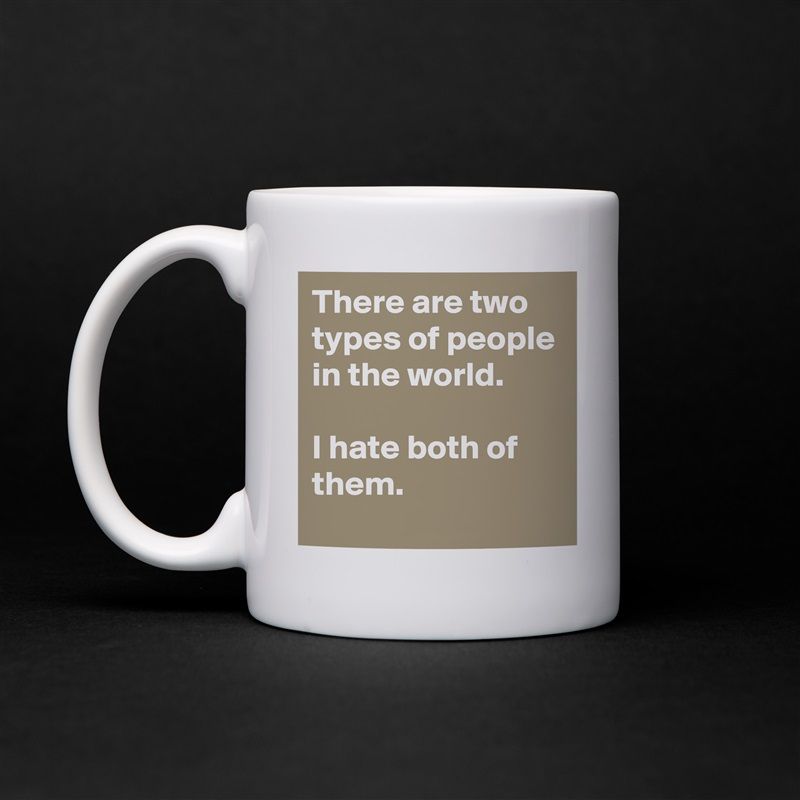
But man is a social animal, and for a long time we have been building our lives in accordance not only with biological rhythms, but also with cultural, historical and economic factors that differ depending on the country, and sometimes even the city. For example, in poor regions, partnership tritely helps to survive - and first of all to women, since they still earn on average 30% less than men and it is they who usually take care of the child. nine0003
In states with a more conservative lifestyle, having a husband and children is considered an important part of the idea of success: a girl is prepared from an early age to meet a prince on a white horse, and if this prince still does not appear, she feels "inferior". In turn, a woman who grew up in a favorable, benevolent environment, received a good education, built a career and knows that in a difficult situation the state will provide her with adequate support, can choose a suitable partner even until retirement and not be burdened by the status of a loner. nine0003
nine0003
Advertising on RBC www.adv.rbc.ru
At the same time, the romantic concept of falling in love is still relevant, and there is nothing shameful or “old-fashioned” in wanting to meet a person with whom it will not only be convenient to exist in the same space. The opportunity to share your feelings with someone is just as important as the need to feel awe in his or her presence, to fool around, travel together and come up with names for future children.
Even speaking about the benefits of partnership, we usually mean that in such an alliance people will not only mechanically perform the same number of household chores or take an equal part in the life of a common child, but also show tenderness and attention, kiss and have sex, feel , no matter how pathetic it may sound, the kinship of souls. nine0003
© Aaron Burden/Unsplash
As a result, if one person does not worry about the absence of a relationship - at some stage of life or at all, then for another it becomes a problem and a reason for worries. The reasons for the inability to fall in love often lie not in the field of culture or economics, but in psychology. And sometimes you need to work with them so as not to deprive yourself of a full, happy life.
The reasons for the inability to fall in love often lie not in the field of culture or economics, but in psychology. And sometimes you need to work with them so as not to deprive yourself of a full, happy life.
Reason. When a person has a favorite job, studies, and still needs to help his grandmother and take the dog to obedience courses, it seems that there is no energy left for relationships. Falling in love does not work, not because there is no one, but because there is no time. nine0067
What is happening and how to be. "Israeli historian Yuval Noah Harari argues that the religion of the modern world is humanism," says clinical psychologist Veronika Leonova. - If earlier we created a family to maintain the structure of society, which, in turn, was based on divine commandments, now, when making a decision, we look not at someone, but inside ourselves. And we prefer to do what brings happiness to us personally.
Today there are many alternatives to romantic relationships.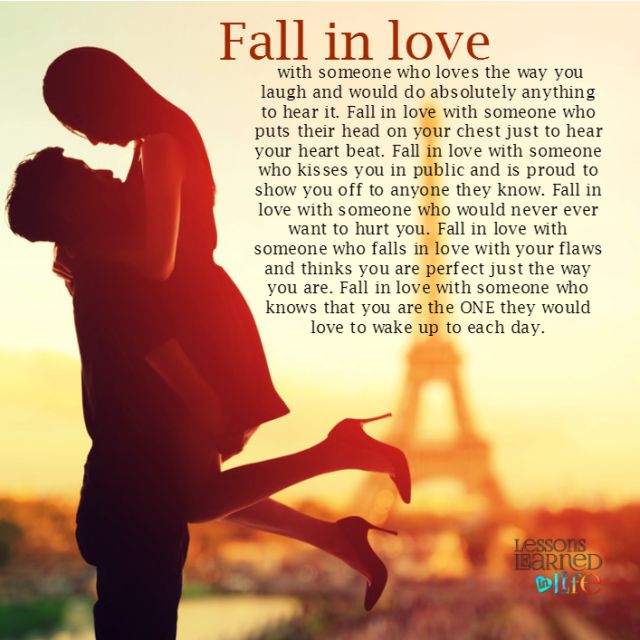 Career, education, sports, hobbies, hanging out with friends, whatever. These alternatives are multiplying every day: even 5-10 years ago, we did not have so many different ways to spend our time and get joy and pleasure in return. The question is how do you prioritize yourself and what is more important for you personally at a certain stage of life: a date or the opportunity to read a book in silence. nine0003
Career, education, sports, hobbies, hanging out with friends, whatever. These alternatives are multiplying every day: even 5-10 years ago, we did not have so many different ways to spend our time and get joy and pleasure in return. The question is how do you prioritize yourself and what is more important for you personally at a certain stage of life: a date or the opportunity to read a book in silence. nine0003
Reason. It's no secret that we bring many problems into our adult life from our parental family. If you've been seeing mom and dad fight and cheat on each other every day for years and don't look happy in a marriage at all, it's hard not to come to the conclusion that relationships in general are a bad idea and it's better to be alone than to suffer as a couple.
What is happening and how to be. “This is indeed a very common phenomenon, which is conscious to varying degrees. Someone in this case perfectly understands why they do not want to start their own family. And someone sabotages relationships unconsciously: behaves in such a way that no one approaches him or her. For example, he tries to make the most unfriendly impression on new acquaintances or gains significant excess weight in an unconscious attempt to protect himself from the attention of potential partners. When your parents did not experience the joy of family life themselves and did not teach it to you, it is quite natural that you do not want to do something that in your eyes is very likely to hurt you. nine0003
And someone sabotages relationships unconsciously: behaves in such a way that no one approaches him or her. For example, he tries to make the most unfriendly impression on new acquaintances or gains significant excess weight in an unconscious attempt to protect himself from the attention of potential partners. When your parents did not experience the joy of family life themselves and did not teach it to you, it is quite natural that you do not want to do something that in your eyes is very likely to hurt you. nine0003
In this case, the rejection of relationships can indeed be a problem: a person deprives himself of a part of life that would otherwise bring him joy and development. If you have a desire to correct the situation, you should seek the help of a psychotherapist. At the same time, it is interesting that the separation from the parents that has not been passed, the "psychological umbilical cord" that remains with them, does not necessarily prevent one from entering into a romantic relationship. People very often create a family while still being in close contact with their parents, just in this case they have to face the fact that parental patterns of behavior begin to spontaneously “include” in new relationships and destroy them. Some couples are able to deal with the “family legacy” on their own, in other cases (especially if the legacy you got is heavy and in a suitcase without a handle), again, psychotherapy will help. nine0003
People very often create a family while still being in close contact with their parents, just in this case they have to face the fact that parental patterns of behavior begin to spontaneously “include” in new relationships and destroy them. Some couples are able to deal with the “family legacy” on their own, in other cases (especially if the legacy you got is heavy and in a suitcase without a handle), again, psychotherapy will help. nine0003
© Travis Grossen/Unsplash
Reason. When relatives and society in general require us to get married, have a child, leave a career for the sake of a family, or even just have a relationship in order to be “successful”, it’s hard not to start internally resisting this, even if in fact we have nothing against stormy romance or monogamous marriage. But it seems to us that falling in love means being led by those who are unpleasant to us.
What is happening and how to be. nine0066 “Everyone is more or less aware of the importance of the process of separation from parents, but it is also necessary to separate from society: understand what you want from life, and accept your own desires and needs, regardless of whether they coincide with the "party line " or not. And it requires a lot of inner work. Although pressure from outside - from relatives, acquaintances, media personalities - does exist, it does not work as straightforwardly as we sometimes think.
And it requires a lot of inner work. Although pressure from outside - from relatives, acquaintances, media personalities - does exist, it does not work as straightforwardly as we sometimes think.
We absorb other people's ideas and opinions: the words once spoken by someone begin to take on a life of their own within us. As a result, resisting the imposed stereotypes, we are actually arguing not with a real person, but with our inner voice. It is he who tells us before going to sleep: "We must get married. We must fall in love. We must be at least with someone." Therefore, it is not an outward protest that can correct the situation (in spite of society I will not enter into a relationship), but the desire to understand why it seems to us that someone's words can have a significant impact on our lives. nine0003
Reason. There is a stereotype that a "full-fledged" relationship necessarily involves sex - whether before marriage or after, but romantic attachment without passion seems to be unthinkable.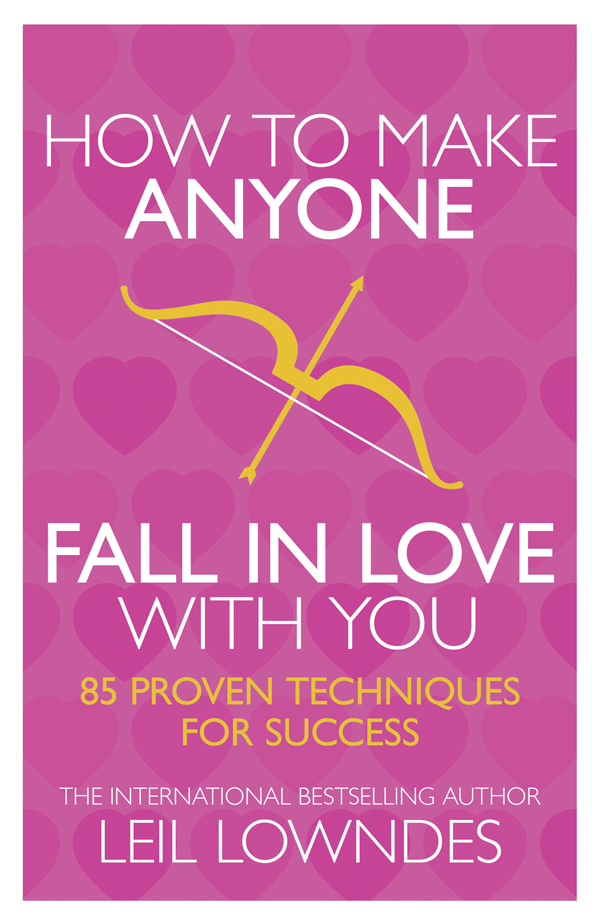 However, the level of libido is different for everyone, and for some, in principle, there is no need for sex. It may seem to a person that it is almost impossible to find a partner who will be satisfied with this state of affairs. As a result, he or she basically refuses the idea of entering into a relationship with anyone. nine0067
However, the level of libido is different for everyone, and for some, in principle, there is no need for sex. It may seem to a person that it is almost impossible to find a partner who will be satisfied with this state of affairs. As a result, he or she basically refuses the idea of entering into a relationship with anyone. nine0067
What is happening and how to be. “Asexuality is very different. Someone does not want to have sex at all, and someone does not want to have sex at specific life periods. For some, this may be due to the trauma experienced, while for someone there was no trauma, but there are hormonal features. For some, giving up sex becomes a conscious decision. There are many different people, and each of them has their own story. Some feel that they need the help of doctors or psychologists, and for some, asexuality is part of their identity, and it does not need any "corrections". nine0003
Moreover, the lack of desire to have sex does not mean at all that a person, by definition, does not want to start dating someone or start a family.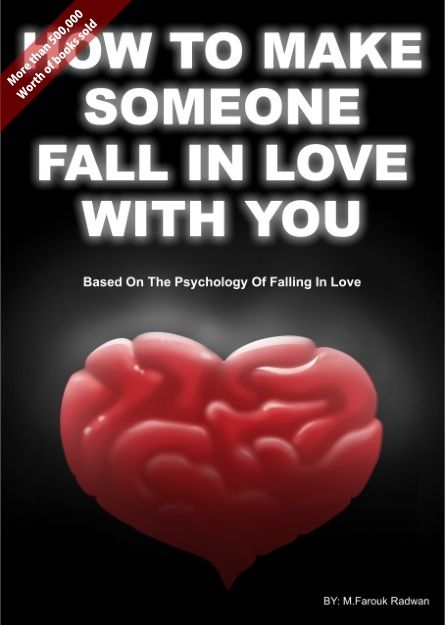 It is no coincidence that we come up with new concepts - for example, "drumya" (framily), when people live together and raise children, while remaining friends. The further society goes, the better we understand that the continuum of relationships that people can enter into with each other is very heterogeneous. When your preferences do not fit into the most common forms of communication, it will be more difficult to find the right partner: you will have to risk more misunderstandings. But it is better to speak about your needs (or lack of them) immediately and honestly, so as not to create inconvenience to yourself and not to mislead the other person. nine0003
It is no coincidence that we come up with new concepts - for example, "drumya" (framily), when people live together and raise children, while remaining friends. The further society goes, the better we understand that the continuum of relationships that people can enter into with each other is very heterogeneous. When your preferences do not fit into the most common forms of communication, it will be more difficult to find the right partner: you will have to risk more misunderstandings. But it is better to speak about your needs (or lack of them) immediately and honestly, so as not to create inconvenience to yourself and not to mislead the other person. nine0003
Reason. In some cases, the lack of need for relationships and the "inability" to fall in love are side effects of some kind of disease - for example, depression.
What is really happening and how to be. “Depression has two important elements that are present more often than not: firstly, it is anhedonia, that is, the inability to enjoy, and secondly, a reduced amount of energy. It can be difficult for a depressed person to go into the kitchen and cook their own meal, let alone fall in love with someone. There is a so-called "metaphor of spoons": you have a certain number of "spoons" of energy for a day, and if they run out, then new forces will not fall from the sky. nine0003
It can be difficult for a depressed person to go into the kitchen and cook their own meal, let alone fall in love with someone. There is a so-called "metaphor of spoons": you have a certain number of "spoons" of energy for a day, and if they run out, then new forces will not fall from the sky. nine0003
In depression, there are fewer “spoons” than usual, and the mechanism for replenishing them often breaks down, and relationships in general are a very energy-consuming thing. On the other hand, if despite being overwhelmed you are still able to get dressed and walk to the coffee shop where you have a date, and at other times dating was a lot of fun, it might be worth a try. But you still need to count on your strength: when your "spoons" are running out, it's better to leave them to take care of yourself.
© sweet ice cream photography/unsplash
Reason. In the age of social networking development, we are quite satisfied with virtual novels, flirting in comments and likes on Instagram.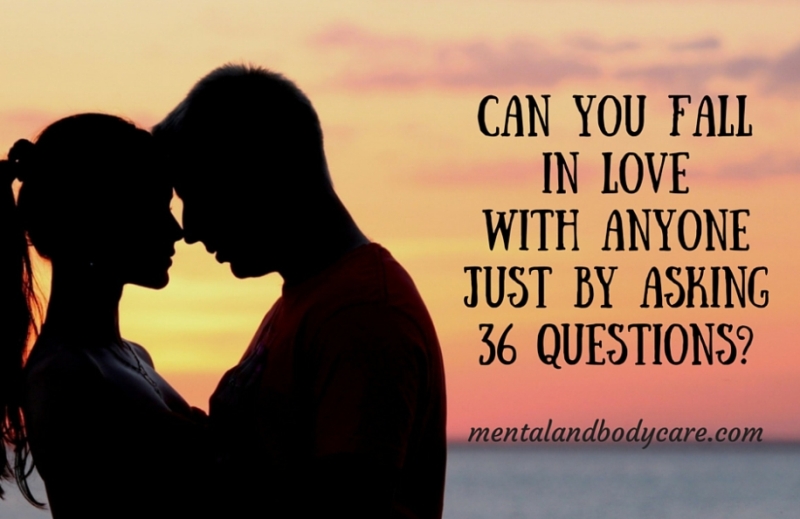 The Internet is becoming a more comfortable and understandable space than real life, and we are corny "weaned" from falling in love and starting relationships in the ways that were common before.
The Internet is becoming a more comfortable and understandable space than real life, and we are corny "weaned" from falling in love and starting relationships in the ways that were common before.
What is happening and how to be. “All those things that in the past we received only from a partner, from real communication with him, can now be found somewhere else, including on the Internet. And this will not require the same efforts that close relationships require: to endure the constant presence of another person nearby, you need to be able to compromise, show restraint and understanding, and work on yourself. A virtual romance, in turn, is much easier to both start and break. nine0003
Correspondence on the Internet leaves a huge space for the imagination, and we are happy to complete the image of a virtual lover in accordance with our desires, not always noticing that we are talking more with our own imagination than with a real person. Sometimes it seems to people that they experience some kind of "super closeness" in Internet communication, which they have never experienced in reality, and this phenomenon is precisely connected with the fact that on the Internet we talk primarily in our projections.